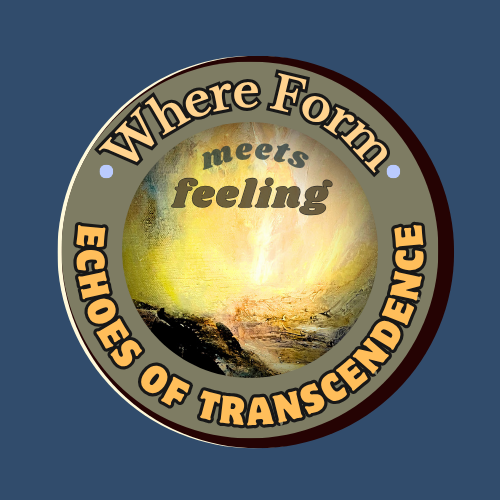
Belief as a Strength
Share
Belief is an extremely powerful, in fact, the most potent, form of thought. Without belief, nothing is ever accomplished! To believe in what is possible is central to all acts of creation or endeavour. The word 'belief' is derived from the Anglo-Saxon word 'be' (meaning: about or by) and 'lief' (meaning: willingly, freely, gladly - being closely akin to 'love').
Belief, in this context, has a sense of freely moving towards an idea with gladness. It produces a wholesome feeling that's prerequisite to any intended act of creation and is intimately bound up with the will. In innocence, belief is free to function unimpaired. For example, as young children we see others walking and running. As part of the mobile world, we are encouraged to join in by enthusiastic parents: 'Come on - you can do it! Yes!' We start to believe we can - and we do! All who walk this earth have undergone that simple process of belief becoming reality. 'This is what I want! I'm sick of crawling about under the table!' becomes our exciting motivation. You may still remember that feeling yourself - I do. Belief provides the inner strength that is matched in the physical world by developing bones, sinews and muscles.
But as we grow up and begin to experience the world in all its facets, a different sort of belief emerges. One in which we are still willing and glad, but without quite the same enthusiasm. This kind involves staying safe in the world, and is driven more by fear than desire. So, for example, we are glad to believe that we cannot fly - and this prevents us from potential harm. It's about what we can't do, rather than what we can. Although a belief in limitation, however, it is still extremely beneficial. Try disbelieving!
The visible effects of beliefs is that they are constantly moving toward fulfilment in physical reality. So we walk instead of crawl; and we don't leap to an untimely death, thinking we can fly. They thus form an integral part of life's experience for us. But what happens then is not such a blessing. Gradually we begin to turn things back-to-front, and start formulating our beliefs on what we have so far experienced. Thus 'seeing is believing' becomes our unspoken maxim. But would any of us have learned to walk with that mentality? After all, we'd never yet experienced anything but crawling - so why believe we could ever walk? No - as children we believe on the basis of what we see others doing. As adults we begin to believe on a more personal basis.
'I believe only in what I can see or experience myself' is an unnecessarily limiting belief. We are no longer using belief creatively, but rather as a means of affirming personal limitation. Thus belief becomes a means of feeling safe in accepting things the way they are. Eventually the protective limiting ideas form the walls of our prison cell - alienated from abundance, wholesome association and people having fun all around us. For example: 'If I eat this I know my digestion will suffer'. Or: "When it's this hot I can't work'. Or: 'This year the market isn't conducive to sales', etc. All such ideas prevent us from enjoying the life we really want, because they limit us to mediocrity and acceptance of second-rate experiences. Of course it's good to accept what you can't change. But there is always one thing you can change - which is your mind. And that's exactly what's needed to free up creative believing. To believe in what we want, rather than in keeping ourselves safe from what we don't want - that's the way of joy and fulfilment. Like learning to walk again!
For belief to become a strength like this, a radical shift in perception is needed. This comes about through developing an awareness of our conscious beliefs - examining them carefully from time to time. Do they actually serve what you want from life, or do they just keep you safe from something you believe will do you harm? 'I can overcome this limitation' is a much more empowering belief than: 'I hate strobe lights, heavy rock music, bananas, classical music, hip-hop, people who sniff, all green vegetables', etc. Statements of what we like and dislike are, after all, nothing more than beliefs! But by far the more insidious and limiting forms of belief involve health. 'I am always ill these days' seems to be a mere observation. But when it is accompanied by a deeply held primal belief in things you experience, (as opposed to things you want to experience), then you can easily get locked into a pattern of health that will eventually squeeze all life from your bones! To make this shift in perception, however, and transform your beliefs into strength is not an easy task. I shall have more to say on this in due course. For now, an understanding of the problem will suffice.
